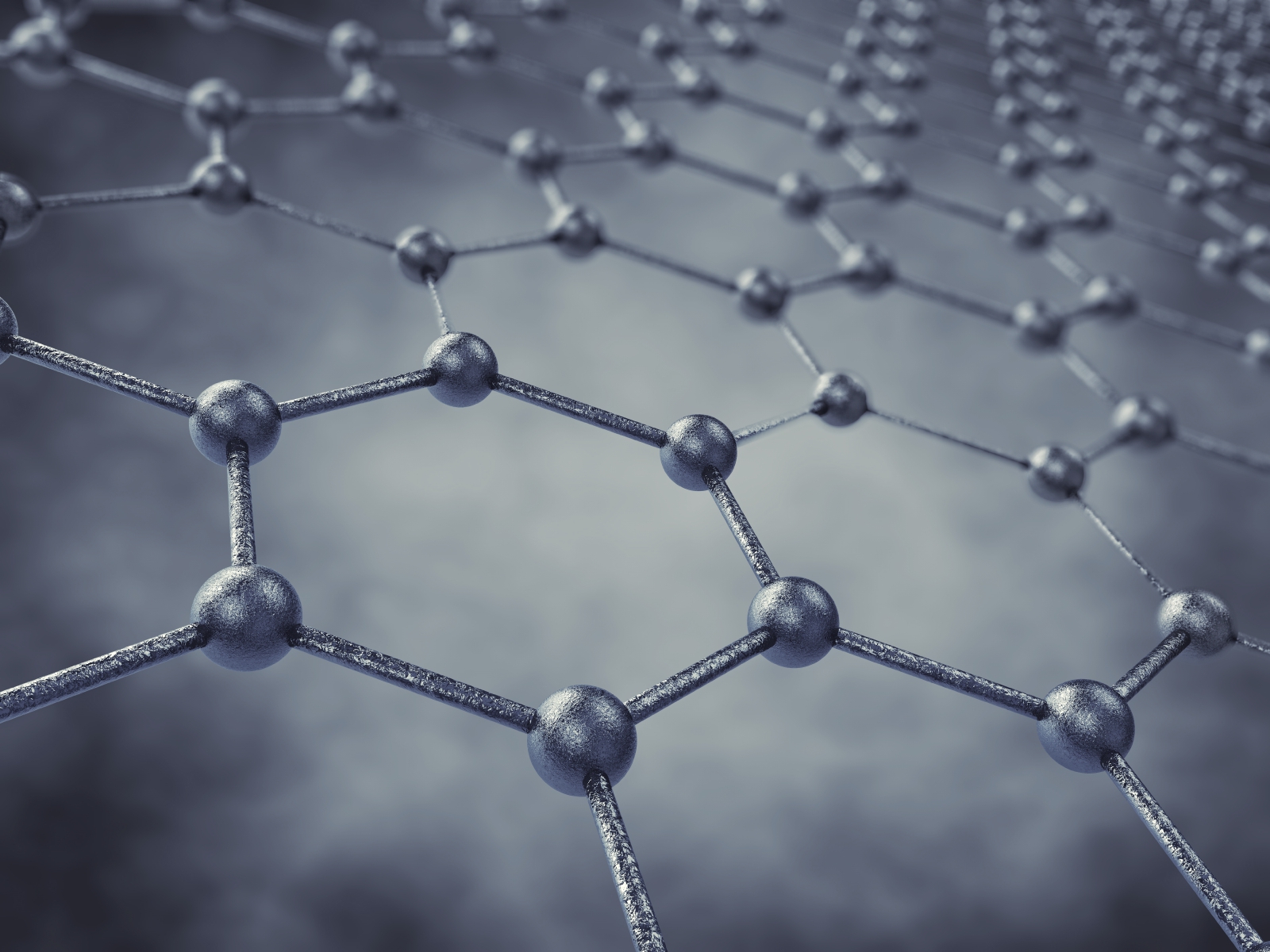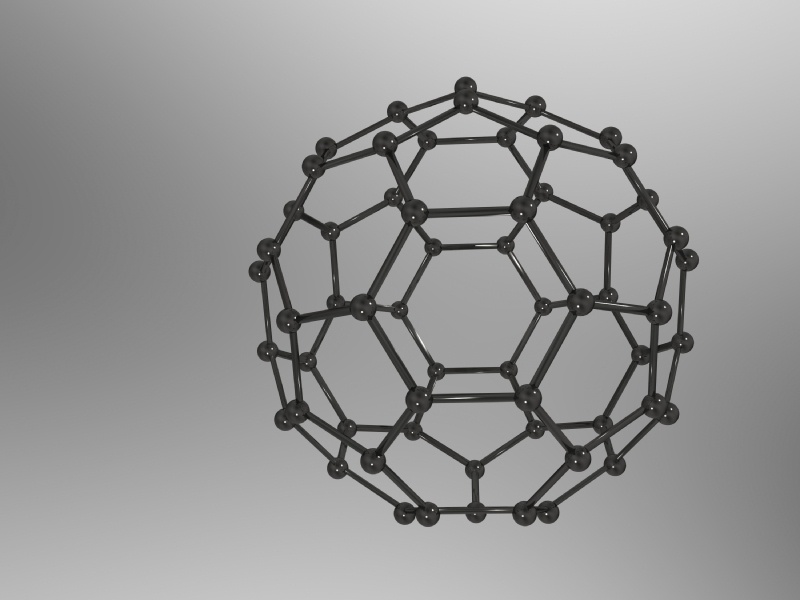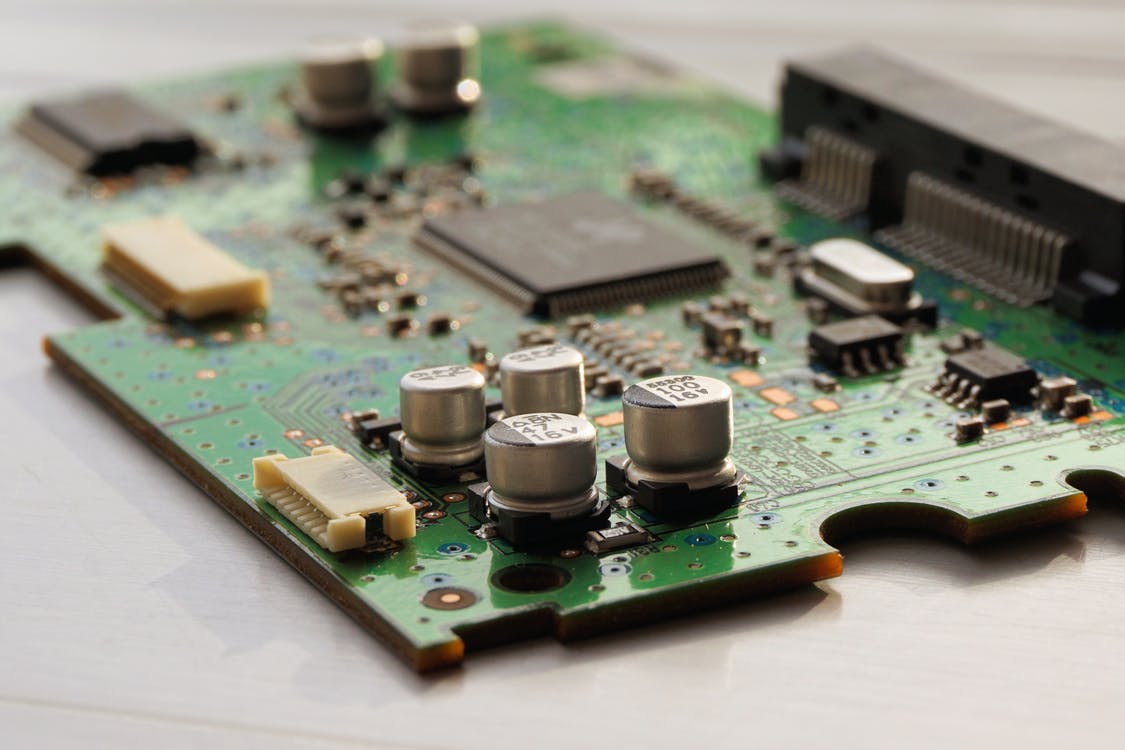Nanotechnology in the Manufacturing Industry
The manufacturing industry is ever-evolving, with newer and better technologies being developed and implemented on a regular basis. These technologies are changing the way we look at the industry and the way we do business, and are the face of the future.
We’ve previously discussed how the phenomenon of augmented reality can be applied in the manufacturing sector, and now we’re turning our attention to another very important breakthrough: nanotechnology.
What is Nanotechnology?
When researchers talk about nanotechnology, they are referring to work conducted at incredibly small sizes. One nanometre is one billionth of a metre, 0.000001 millimetres – this is the equivalent to how much our nails grow in one second.
Nanometres are used to determine wavelengths of electromagnetic radiation and measure at the atomic scale. The diameter of a ribosome, for instance, is 20 nanometres, while the radius of a hydrogen atom is 0.12 nanometres.
Nanotechnology, then, deals with dimensions that are less than 100 nanometres, mainly atoms and molecules, and nanomanufacturing is a term used to refer to manufacturing at the nanoscale.
Approaches to Nanomanufacturing
Even though working with nanometres means working with extremely small dimensions, there are still several ways to approach the technology. A top-down approach will reduce materials to the nanoscale, which consumes a lot of materials and produces more waste. A bottom-up approach, on the other hand, creates a final product by building it from the atomic and molecular scales. This takes more time, but the waste is minimal.
Nanomanufacturing Methods
This approach to technology means using procedures and methods different from anything else out there – specialised equipment and techniques are necessary to manipulate matter at a nanoscale. There are many methods for this, including self-assembly, photolithography and dip-pen lithography.
Self-assembly sounds simple in nature but is an extremely complex process, as it means that a group of nanocomponents have to come together to form an organised structure without being directly guided to do so. This self-assembly would occur from the bottom-up, which would be an incredible breakthrough in nano work.
Photolithography is like the negative obtained with film, as it uses light exposure to project images. Dip-pen lithography relies on the tip of an atomic force microscope to be imbued with chemicals and used to create patterns on many different substances; similar to ink on paper.
Automotive and Aerospace
The manufacturing industry will see a huge development when it comes to nanotechnology, especially in sectors like automotive and aerospace. After all, nanotechnology can create lighter, sturdier, and safer materials that can withstand great pressures and weights – which will lead to improved performances.
Aerodynamics is always something to consider in aerospace and space exploration, as is the use of fuel. Because nanotechnology creates smaller and lighter crafts, less fuel will be needed to pilot them.
Anything from tyres to chassis will also benefit from nanotechnology. With better engine efficiency, reduced environmental impact and improved electronic systems, nanotechnology can revolutionise the automotive industry as well.
Nanotechnology in the Future
A report by Global Industry Analysts estimates that the nanotechnology market and, in fact, the products created via this technology, will be worth approximately £2.7 trillion by 2018, a stunning figure that clearly indicates just how important this technology is to the future.
Obtaining a share of this market means creating and implementing products produced by this technology. Nanotechnology has many environmental, medical and military applications, but the manufacturing sector won’t lag behind.
The world we can’t see with the naked eye is just as exciting as the one we do see. Nanotechnology has incredible potential and can be used not only to improve healthcare and provide more eco-friendly solutions to different sectors but also take manufacturing to the next level.
With so many methods and opportunities, the industry will no doubt grow even more in the coming years, which is something we all find very exciting at Dean Group. We might not work at the nanoscale, but our investment casting technologies are guided by high standards of quality and technical specifications as well.
Please don’t hesitate to contact us to learn more about it or out other many services and products.
Registered in England VAT No: 146307478 Company Registration No: 1062820








